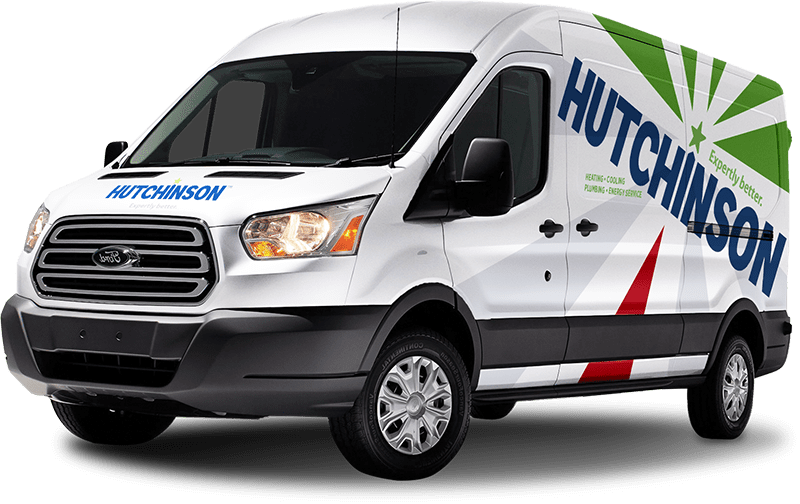Amidst the endless fun of this summer, the last thing you want to think about is your home’s plumbing system and drains. Hutchinson Plumbing Heating Cooling is here to help, but you can also follow these “Expertly Better” tips to avoid issues this summer!
Drains – Quick tip: run the faucet for 10-15 seconds before and after use to drain everything properly!
Kitchen Sink – When you host a party in the summer, your kitchen sink becomes the center of all of the action. Avoid putting fats and oils down the drain as these will clog drain traps and cause back-ups. Additionally, any food where you “just add water” to cook should never go down the drain. In fact, as soon as you “add water,” these foods tend to rapidly expand, causing clogs.
Garbage Disposal – the saving grace of kitchen clean-ups seems like it can destroy everything you wash down them. Unfortunately, many garbage disposals will not be able to handle cornhusks, small chicken bones, or seafood shells. Challenging your disposal too much can cause serious damage to your kitchen.
Air Conditioner – a properly functioning air conditioner can produce up to 20 gallons of water per day, and all that water needs somewhere to go. You can easily flood your basement if your air conditioner’s drain lines are not clear. However, with only a bottle of water, you can check to make sure your drains are clear of obstructions. Simply pour the water down the drain at the top of the line, and check to make sure it flows smoothly out of the bottom of the drain.
Sump Pump – similar to your air conditioner’s drain line, your home’s sump pump is depended upon to make sure there isn’t enough water to flood your home. So, you can test your sump pump just like AC system. But, the only thing you will have to do is add more water. Use a larger bucket or garden hose to add water to your sump pump. Then, you should be able to watch the pit fill with water and then empty when the pump turns on. If the water is pumped outside, then ensure it discharges far enough away from the home so that it does not just drain directly back into the pump.
Landscaping
New Trees – did you plant a new tree in your yard this year? Where is it getting its water from? In some cases, the most consistent source of water may be your sewer line. So, make sure to review your home’s utility services before digging, and inspect sewer lines frequently.
New “Features” – before digging in your yard, be sure to consult all property details and utility services to ensure you do not damage your home.
When to Water – if you need to water your lawn or plants, try to do this in the morning or late afternoon. When it’s cooler out, plants are better able to absorb the water and less is lost to evaporation.
Plumbing Lines
Hose Bibs & Leaks – Over the winter, water can freeze in your outdoor water lines and hose bibs. A simple way to check for leaks is to cover the outdoor spigot with your thumb (use the palm of your open hand if your thumb does not completely cover) to cover the spigot. Turn the water on full blast. If you can keep the hole covered, you should closely inspect the line for leaks. If you cannot keep the hole covered, you should be o.k.
Follow these “Expertly Better” tips, and you will be well on your way to having absolutely no plumbing issues this summer!

